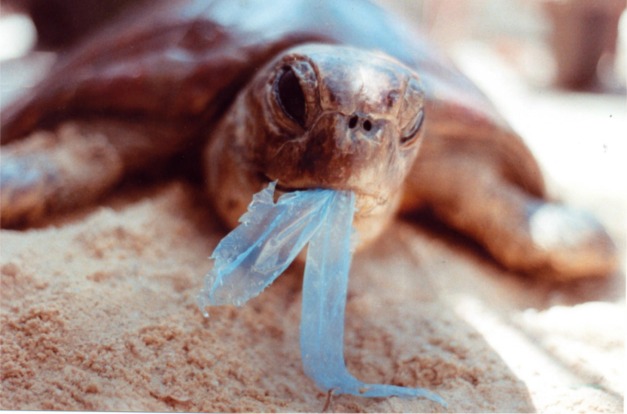 Today I visited the Coles Woolloongabba store near my workplace to purchase a free-range chicken and some salad items for lunch.
Today I visited the Coles Woolloongabba store near my workplace to purchase a free-range chicken and some salad items for lunch.
At the counter I presented my green bag. Instead of using the green bag, the woman at the check out put my already pre-packed chicken into a plastic bag and started packing the other groceries in my green bag.
Then this happened.
Me: That chicken would’ve been fine in the green bag.
Check out operator: We’re not allowed to. We have to put the chickens in the plastic bags.
Me: But that’s up to me. Not up to you.
Check out operator: You can do what you like with the bag afterwards.
Me (testy now): But I didn’t want the plastic bag in the first place.
Then I went on my un-merry way, wrote this blog and alerted Coles.
Plastic Bag Facts from Fizbag and Clean Up Australia:
– 500 billion plastic carrier bags are used worldwide each year.
– Australians currently use 4 billion plastic bags annually, which means over 10 million new bags are used every day, or that we each use 200 each year.
– Australians throw away about 7,150 recyclable plastic bags a minute, with 429,000 recyclable plastic supermarket bags dumped into landfill every hour.
– Plastic bags can become serial killers. Once a bag is ingested, the animal dies and decomposes, releasing the bag back into the environment to kill again.
– Thousands of marine animals and more than 1 million birds die each year as a result of plastic pollution.
– A plastic bag can take 1,000 years to degrade.
– The energy consumed in the life cycle of one plastic bag is estimated to be equivalent to 13.8 millilitres of crude oil, or about a teaspoonful.